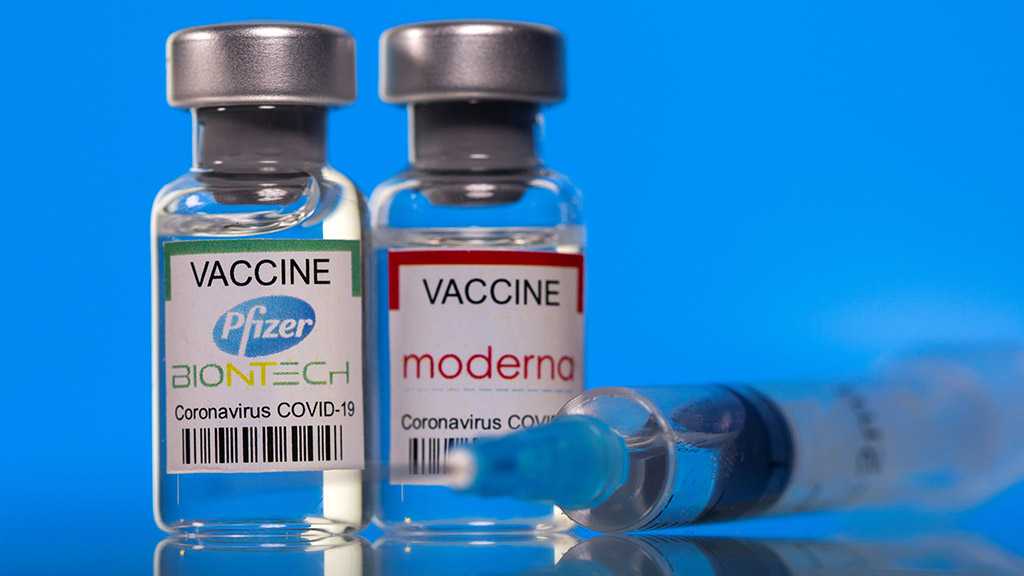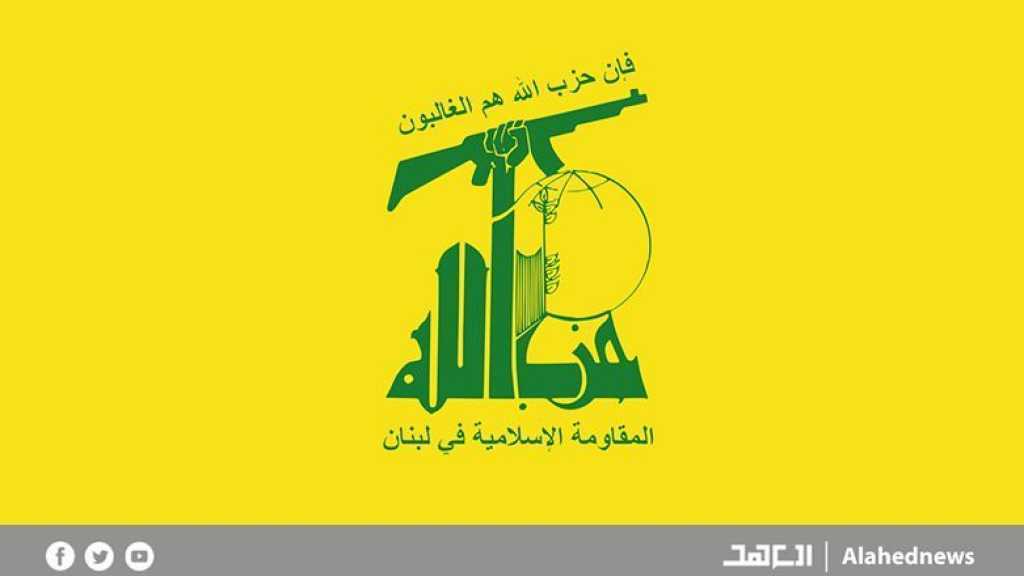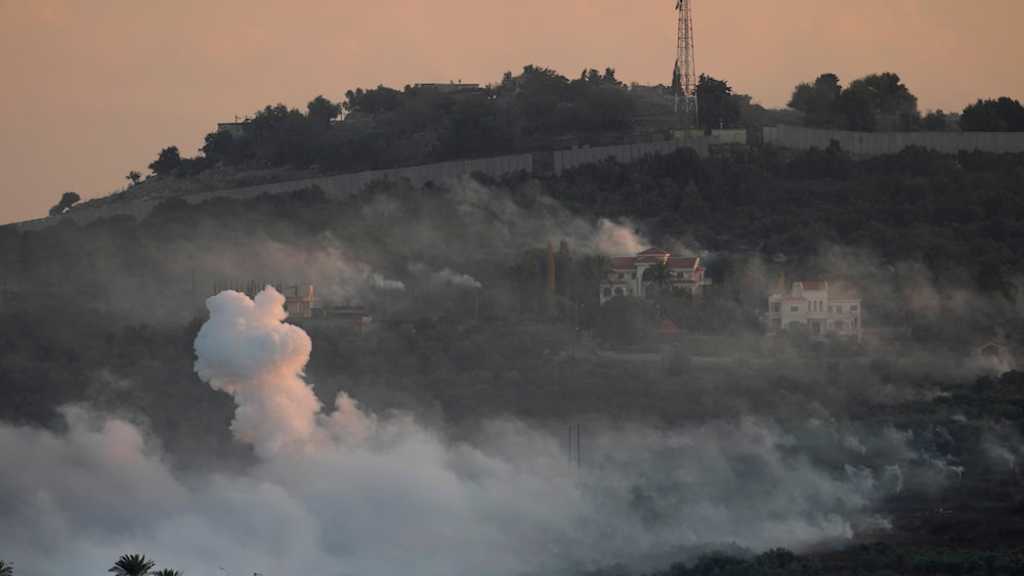
Lebanon Set to Receive 2M Pfizer, Astrazeneca Vaccine Doses from May

By Staff, Agencies
Two million doses of the Pfizer-BioNTech and Oxford-AstraZeneca coronavirus vaccines will be arriving in Lebanon in May and June, the head of the parliamentary health committee announced Friday.
In an interview with Radio Lebanon, MP Assem Araji said the shipments will cover vaccines for 1 million residents in Lebanon, and a portion of the Pfizer doses distributed through the private sector.
“One million people will be vaccinated, and Pfizer has agreed to allocate 750,000 vaccines to the private sector, of which 320,000 are reserved for the four major universities in Lebanon.”
Last week, Caretaker Health Minister Hamad Hasan announced that eight universities, including four hospital universities, have signed deals with the ministry to secure 410,000 Pfizer vaccines for their staff and students.
Three hundred and twenty thousand doses will be divided between university hospitals of the American University of Beirut, St. Joseph University, the Lebanese American University and the St. George University Hospital.
Lebanese University, the country’s only public university, will receive 50,000 doses. Beirut Arab University and Holy Spirit of Kaslik University will be allocated 15,000 doses, and Balamand University 10,000.
Vaccinations are expected to begin in July with the arrival of the Pfizer doses.
Since the start of the coronavirus pandemic in March 2020, universities across Lebanon have remained closed with teaching transferred online, which has significantly disrupted student’s learning. The distribution of vaccines among the education sector aims to ensure the reopening of in-person teaching for the next academic year in September.
Araji stressed that more people in Lebanon need to sign up to receive the vaccine. With 5.1 million people eligible, only 1,215,339 have registered, according to the government’s e-data platform Impact.
“It does not exceed one and a half million ... many citizens are not convinced of the safety of receiving the vaccine.”
Nearly half of those signed up are from the Mount Lebanon region, while in Akkar, only 22,924 people have signed up.
Vaccine hesitancy has risen in Lebanon regarding the AstraZeneca vaccine, after reports in March from some European countries, including Denmark and Germany, over an unexpected link between blood clots occurring in individuals who had received the jab.
An investigation by the European Medicines Agency since concluded that blood clots should be listed as a very rare side effect, while confirming that the overall benefits of the vaccine in preventing COVID-19 outweigh any possible side effects.
Earlier this month, Firass Abiad, head of Rafik Hariri University Hospital, said that 30 percent of appointments at his hospital were missed during one day due to individuals expressing concern over the safety of the AstraZeneca vaccine.
Lebanon now has four different types of coronavirus vaccines in circulation, with the Russian-made Sputnik V and China’s Sinopharm vaccine being distributed through the private sector.
Despite the prevalence of vaccines, the Health Ministry has been criticized for its slow rollout with vaccinations only being administered during weekdays, despite the pressing need for Lebanon to gain strong immunity levels among the population and provide relief to an overwhelmed health sector.
A total of 405,473 vaccines have been administered, with 139,168 fully vaccinated having received two doses – just over 2 percent of the population.
Comments

Hezbollah Mourns Martyr Hussein Nimer Masarrah
4 months ago

